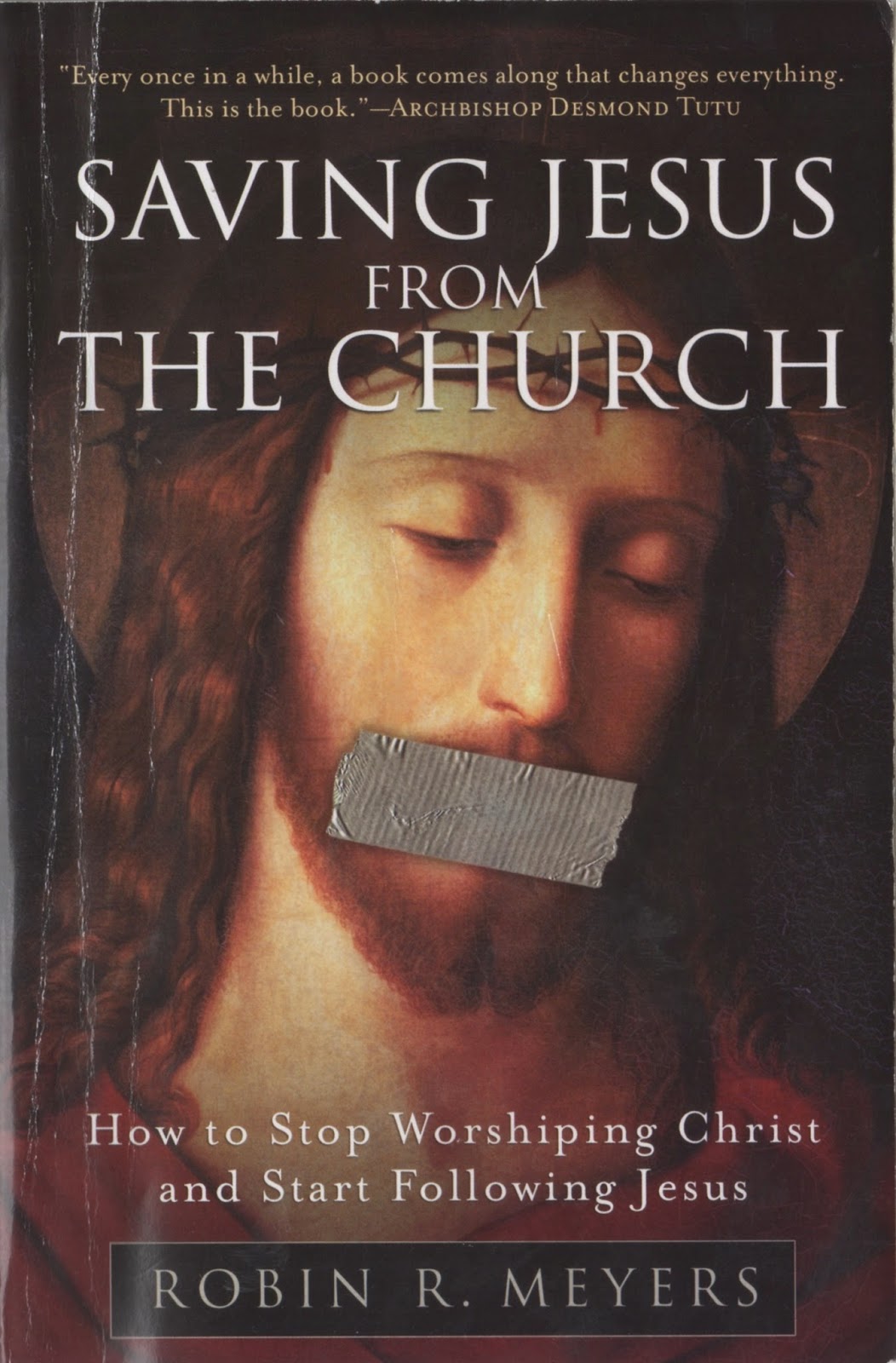Journeys of a different sort beckon when winter makes your body sluggish, when your soul seems half awake, when your imagination is mired in the traditional map of Oklahoma.
I found new maps and soul journeys this February in a blizzard of new books from Mongrel Empire Press, (click the link to view and buy) a small independent press known for publishing poetry and prose of culture and politics and life deeply rooted in Okie.
Like any maps to new places, these were full of surprises and mysteries, discoveries and disturbances. The first two were "The Walmart Republic" by Quraysh Ali Lansana and Christopher Stewart and "Streets as Elsewhere" by J.L. Jacobs.
Don't expect a traditional review from me on these, because there's nothing traditional about them. I've had to read them more than once to even approach doing them justice. I even wrote the publisher, poet and friend Jeanetta Calhoun Mish, to ask questions so I could try to write intelligently.
These are deep maps of imagination which will stretch your mind and understanding of who we are and who we are not.
All I can do is give you a sampler, and a brief look at the poets--the storytellers and their narratives.
What can you say about a book that has two poems entitled "The Will Rogers Turnpike" by two friends, one from a small Texas town, the other from Enid, Oklahoma, who met and live in Chicago?
They found their Walmart title in a classroom comment when at OU, a disparaging term of our commercial culture. The poems include more than Oklahoma, as the cover with a weird map and Big Tex on fire more than suggests. There is fire in this book, speaking of the superficiality of our "culture," and the truth of common people, in 45 poems, stories in 87 pages.
My favorites?--A few.
"The Suit" by Stewart, about a man bringing in his suit to the cleaners for his wife's funeral, and a conversation with the owner. Two lines:
"She is old as well, her body crooked
from years over a stitching machine."
"Bible Belted: Found Two" by Ali Lansana
"oklahoma the birthplace
of the dawes act tulsa race riot
the reservation a 900 foot tall white jesus"
"
Will Rogers Turnpike," by Stewart
Two lines:
"A waitress fondles trucker music with her wiry, spellbound
ears as I leave this scene."
"Will Rogers Turnpike" by Ali Lansana
A few lines:
"these roads my veins dry red
clay body sun-smoke wafts heat
tired of itself wheezing semi-trailers
alfalfa between cheek and gum"
"Sunday at Mutha's" by Ali Lansana
Opening lines:
"we could hardly wait for crusty ol' reverend
jenkins' final
Amen so the real sunday afternoon could commence.
"fried chicken and fresh catfish.
aunt maudell's potato salad.
aunt bonnell's cakes.
"fresh corn on the cob and green
beans from mutha's garden."
There's a lot of our world here we don't or won't
notice--sadness, humor, black and white and in between. Steward says in one poem, "A
poet's job is to remember, he thinks...." Ali Lansana writes in one poem
of "the bone of your words." There's remembrance and bone in their words.
I wanted to write about both of these books together, but there's too much here. "Streets as Elsewhere" next.



























